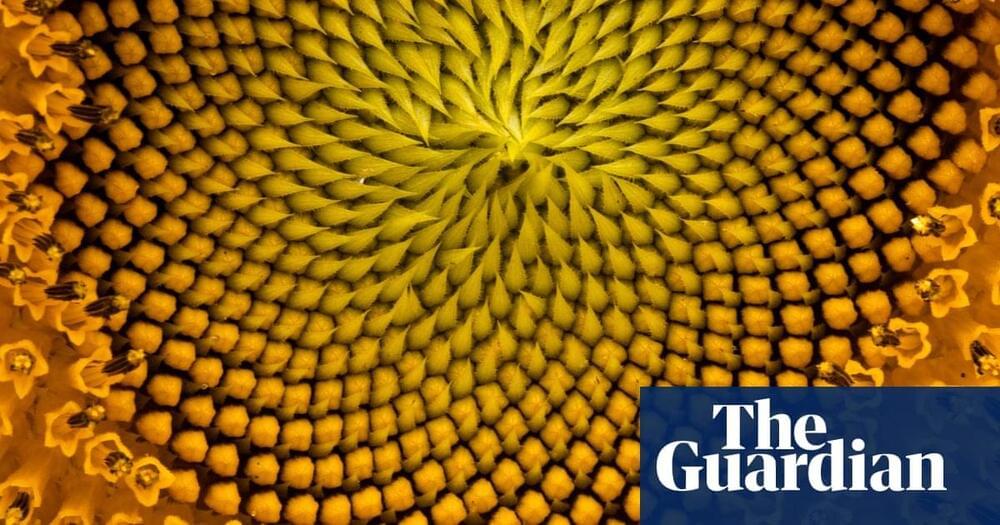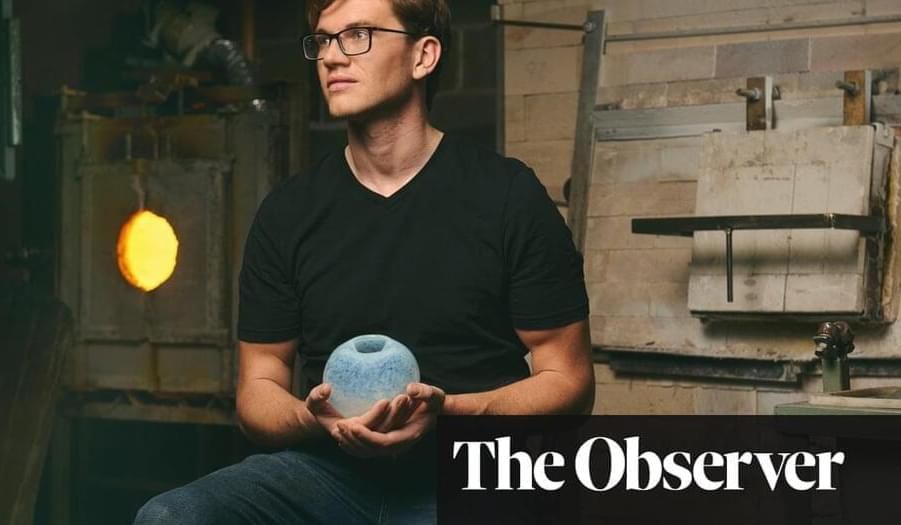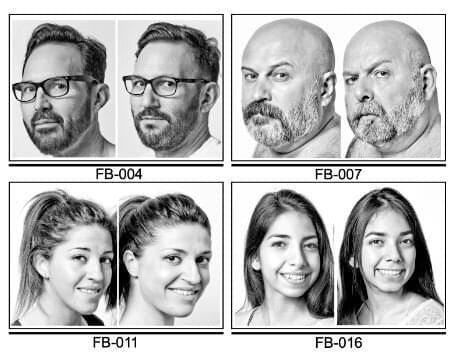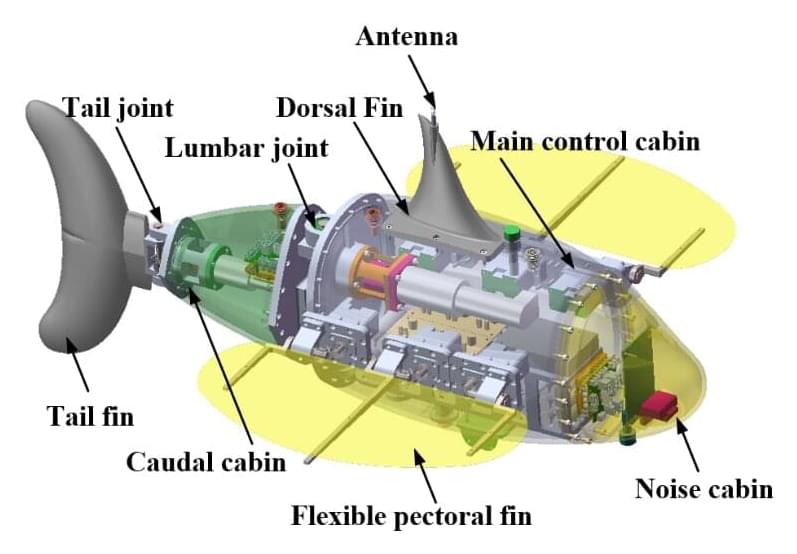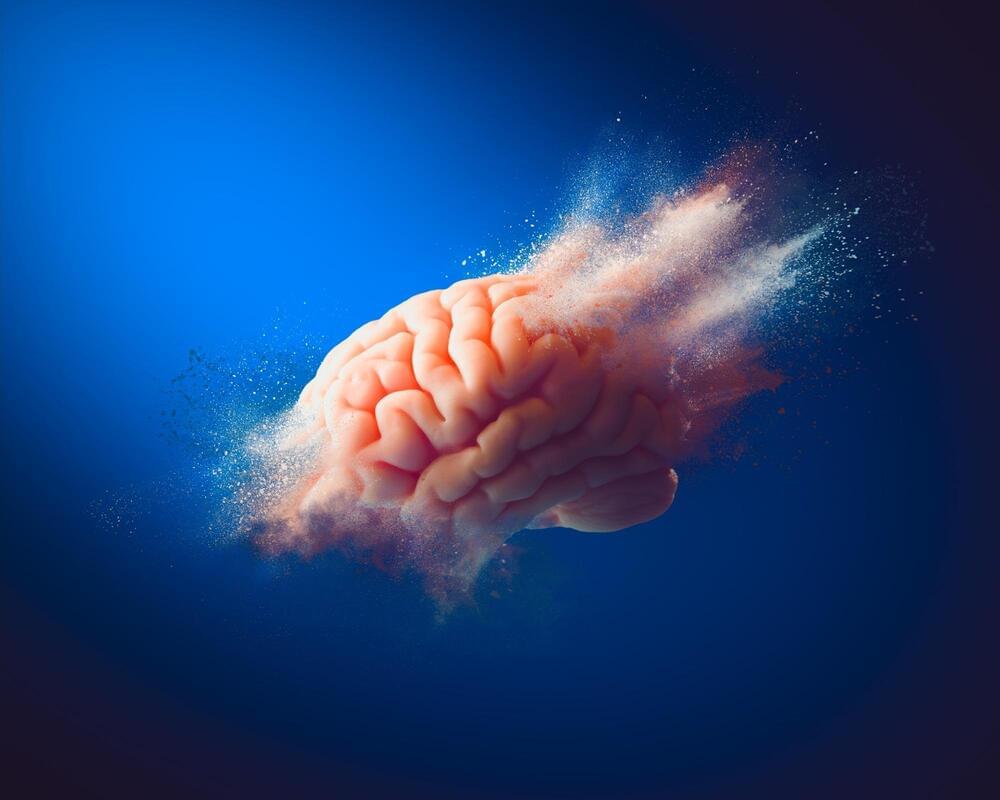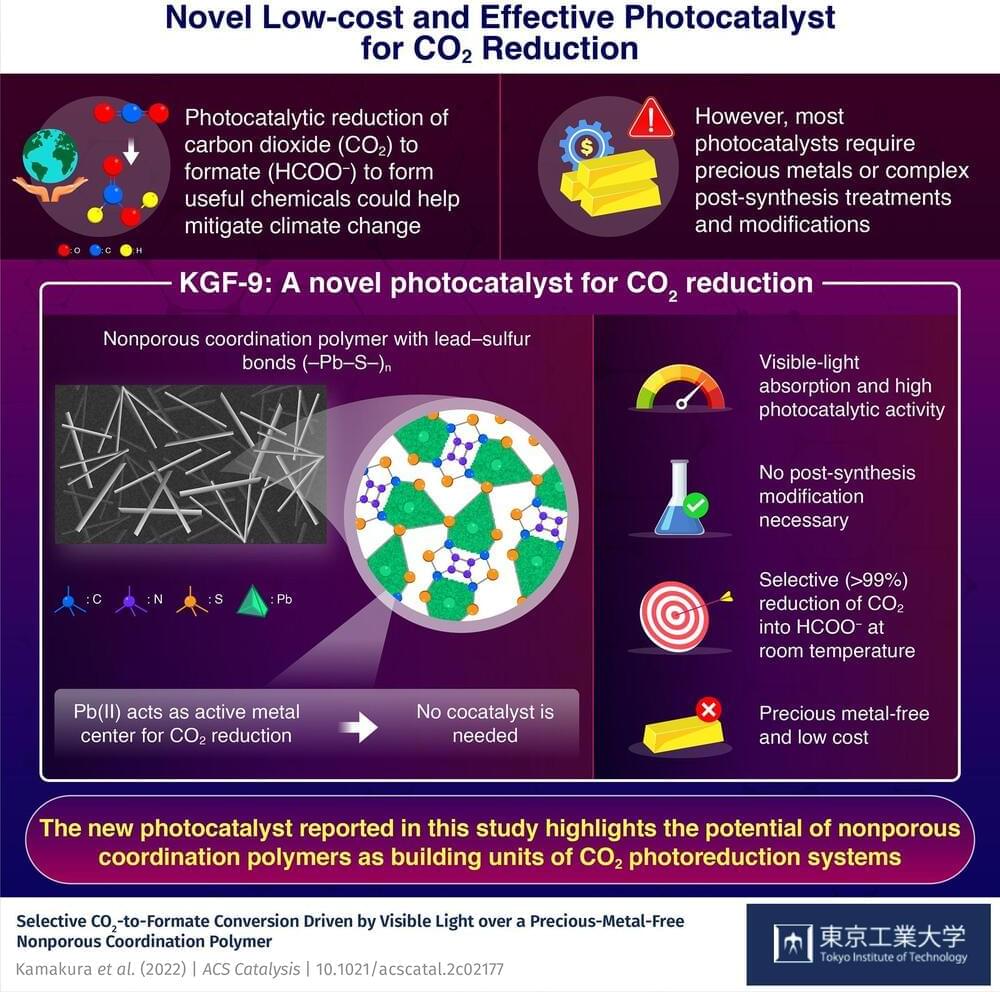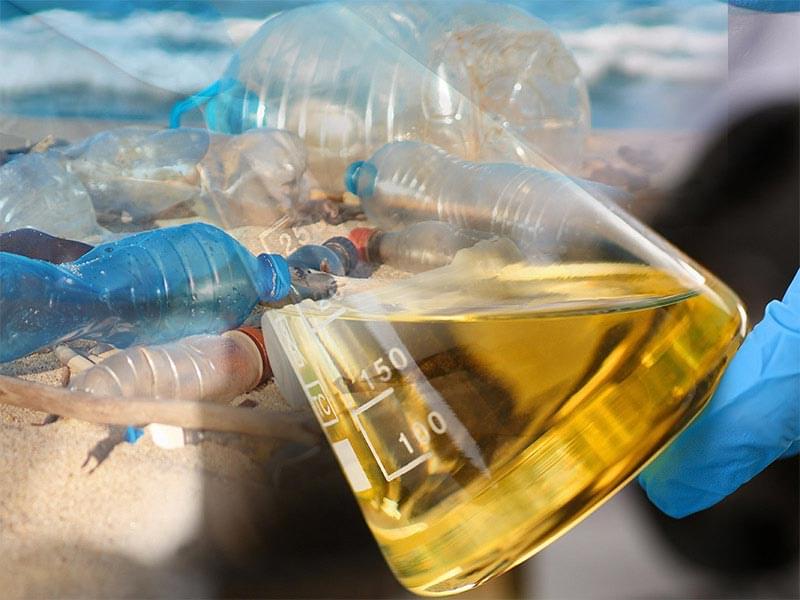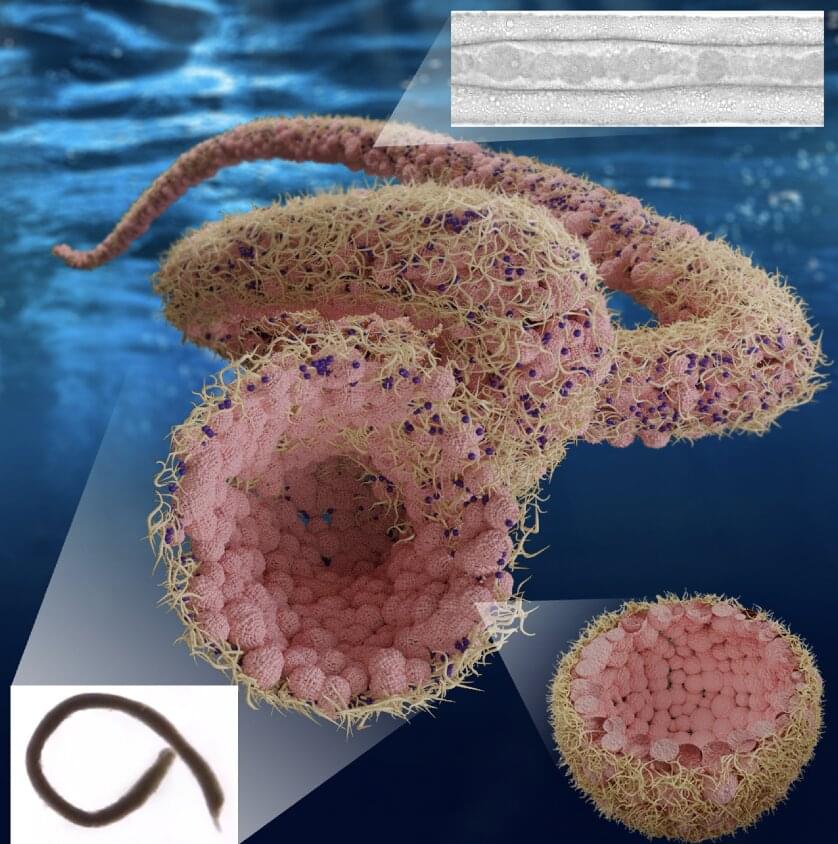Darwin has clearly been a guiding presence in Calvo’s attempt to open up a new frontier in science: “He learned to think differently and clearly outside the frameworks in which most of his contemporaries happily confined themselves.” The result of his confinement with the cucumbers was a 118-page monograph on The Movements and Habits of Climbing Plants. Darwin realised before anyone else that these movements were in fact “behaviour”, comparable to that of animals. And observing behaviour is the route to understanding intelligence. In plants, it reveals a range of faculties “from learning and memory to competitive, risk-sensitive behaviours, and even numerical abilities”.
In the course of his book, Calvo describes many experiments that reveal plants’ remarkable range, including the way they communicate with others nearby using “chemical talk”, a language encoded in about 1,700 volatile organic compounds. He also shows how, like animals, they can be anaesthetised. In lectures, he places a Venus flytrap under a glass bell jar with a cotton pad soaked in anaesthetic. After an hour the plant no longer responds to touch by closing its traps. Tests show the plant’s electrical activity has stopped. It is effectively asleep, just as a cat would be. He also notes that the process of germination in seeds can be halted under anaesthetic. If plants can be put to sleep, does that imply they also have a waking state? Calvo thinks it does, for he argues that plants are not just “photosynthetic machines” and that it’s quite possible that they have an individual experience of the world: “They may be aware.”
Other studies show that some plants retain a memory of where the sun will rise, in order to turn their leaves towards the first rays. They store this knowledge – an internal model of what the sun is going to do – for several days, even when kept in total darkness. The conclusion must be that they constantly collect information, processing and retaining it in order to “make predictions, learn, and even plan ahead”.

